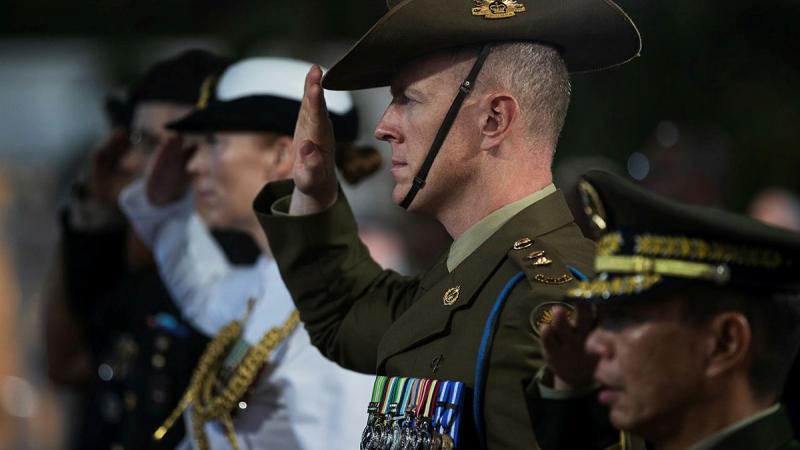Universities Australia welcomes the signing of a historic trade deal between India and Australia as a significant step forward in fostering stronger relations with one of our nation’s largest export markets as we recover from the COVID-19 pandemic.
The Australia-India Economic Cooperation and Trade Agreement (AI ECTA) will further deepen higher education and research ties between both countries, setting out opportunities for:
- Extending the length of stay for Indian students with a bachelor’s degree with first class honours from two to three years post study in STEM and ICT sectors.
- Facilitating the recognition of professional qualifications, licensing, and registration procedures between professional services bodies in both countries.
- Guaranteeing that Australian service providers will receive the best treatment accorded by India to any future free trade agreement partner, including in higher education and research and development.
“The value of this agreement to Australia both in terms of education, productivity, trade relations and cultural understanding is substantial,” Universities Australia Chief Executive Catriona Jackson said.
“Before the pandemic, international export income contributed around $40 billion to the nation’s economy. Of the $40 billion, Indian students contributed around $6.1 billion.”
“The agreement will support new opportunities for Indian and Australian students and graduates, boost qualification recognition and guarantee that Australian service providers receive the best treatment accorded by India to any future free trade agreement partner.”
“India is our second largest source of international students, with nearly 70,000 studying in our universities. And on the other side, thousands of Australians choose to study and work in India.”
“In an increasingly globalised world, we need to address any barriers that would prevent both Indian and Australian graduates from using their qualifications where they wish to work.”
“Qualification recognition paves a clearer path for this, so we’re very pleased to see the agreement explore mechanisms that will facilitate this recognition of professional qualifications in both countries.”
“As one of the 31 sectors that will clearly stand to benefit from this agreement, we look forward to working with the government and continuing to collaborate with India as the agreement is implemented.”







